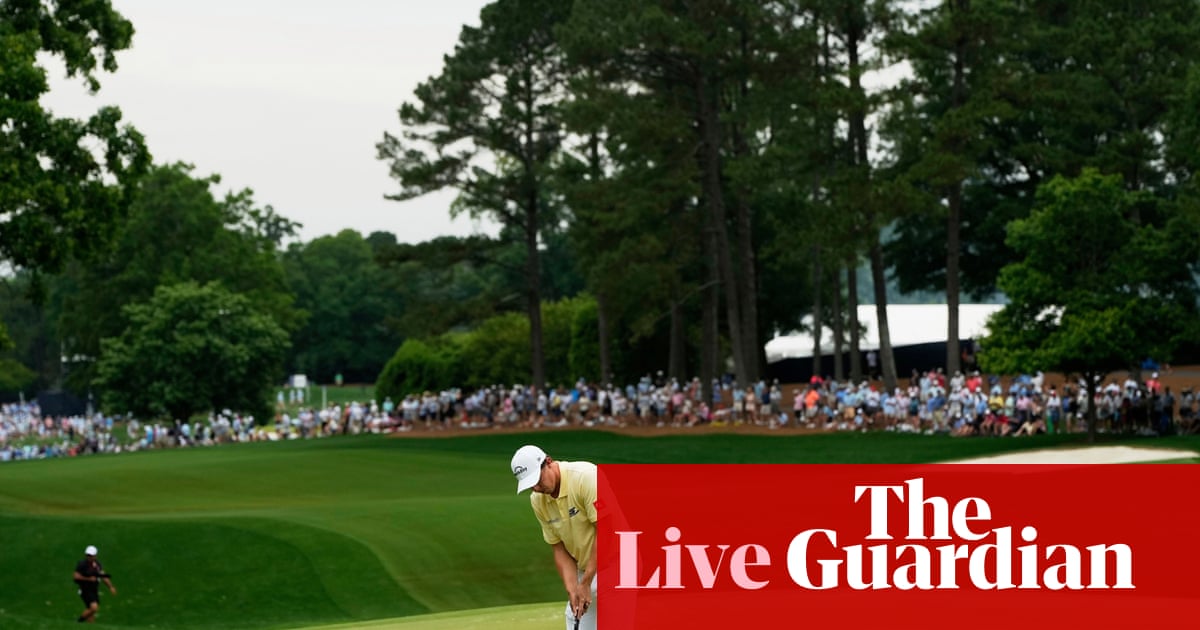When I first heard that garden centres are facing a wave of closures, I immediately thought of the one around the corner from where I live. On a recent Wednesday afternoon, the car park was full and the cafe was bustling with people my parents’ age and older, chatting over milky coffees and slices of cake. The retired ladies who talk to me in the gym changing room love to come here for a jacket potato after their aquafit class.
Yet, as I stepped through the automatic doors, the plants weren’t immediately visible. First, I had to pass a bright deli counter, an area filled with homeware and crockery, shelves of fragrant toiletries, and a section of children’s toys before anything remotely connected to gardening came into view. I waded through gloves, power tools, pesticides and outdoor furniture, and then, finally, I found the annual bedding plants and potted shrubs. Here, all was quiet. The gardening section was quite unlike the busy cafe; I was alone but for one member of staff.
This isn’t the type of place I tend to go looking for plants. There’s something about the floral wellies and superfluous tat of your average garden centre that I find off-putting. Curious as to whether other gardening folk felt the same way, I asked my Instagram followers whether they sought out their plants in large garden centres like this one. Over 100 people responded, sharing a surprising depth and breadth of feeling about these places – from resolute disdain to sincere warmth and fondness.
I related most to those who said the abundance of plastic and shelves full of chemicals had put them off garden centres. “I think they perpetuate all the ways the gardening industry is screwing up the environment,” one gardener named Emma told me. These gardeners – myself included – favoured smaller, family-run operations, specialist nurseries and plant fairs run by dedicated, experienced plantspeople who could offer advice and inspiration. A number of people told me they preferred to know how and where plants were grown before buying them; ideally, they bought plants propagated locally, without chemicals, certainly not using peat, which releases substantial amounts of CO2 when it’s extracted from the ground. Another gardener, Harry, told me that his nearby garden centre continued selling peat and the environmentally harmful pesticide glyphosate, which seemed “woefully behind the times”.
Even so, most people described garden centres as joyful places where they like to spend time with their families, gather ideas for the gardens they hope to grow, have a good look at plants before investing in them and – yes – enjoy some coffee and cake. One respondent even described those in rural areas “as a core civic space”. Given all this, it might seem surprising that some garden centres are closing down. Both Dobbies and Homebase have announced the closure of a number of their sites in recent months.
One of the reasons for this, proposed in a recent Daily Mail article, is that young people are to blame. It claimed gen Z are visiting garden centres for the cafes, candles and cuddly toys but are failing to drop enough cash to keep these businesses afloat. Yet look a little closer, and it becomes clear that young people are interested in plants. According to one survey, 83% of 18 to 34-year-olds think gardening is “cool”. Given that most younger people are less likely to own a home (let alone a garden) of their own than previous generations, that’s a welcome surprise. And since gen Zs and millennials are far more concerned about the climate crisis than older generations, it follows that they would be looking for ways to garden that align with their values, mirroring the sector-wide trend towards nature-centred approaches to gardening.
There are many prominent gardeners – including RHS Chelsea gold medal-winning garden designer, Tom Massey – who represent a broader shift away from gardening as a purely aesthetic practice, and instead create gardens that are nature-centric as well as beautiful (and delicious, if they grow edible plants as I do). Instead of obliterating insects with pesticides and uprooting so-called weeds, many of the gardeners I know and admire engage in gentle, considered cultivation, where tidiness is eschewed in favour of a nurtured wildness that is welcoming to wildlife. Ecological home grower Poppy Okotcha and edible gardener Huw Richards both exemplify how younger gardeners are embracing a more holistic horticultural approach.
I find that being more environmentally conscious in the way I garden compels me to interrogate the choices I make both for the green spaces I steward and in my life beyond. Learning the alchemy of propagation, creating new plants from cuttings, growing crop from seed or splitting a mature plant into multiple new ones to share for your fellow gardeners are remarkable experiences that have encouraged me to decouple my gardening practices from the consumerism of garden centres.
Similarly, I’d urge new young gardeners to find ways to garden without emptying their bank accounts. Perhaps what makes gardening meaningful can’t simply be bought in a garden centre.
-
Claire Ratinon is an organic food grower and writer

.png) 3 months ago
61
3 months ago
61

















































